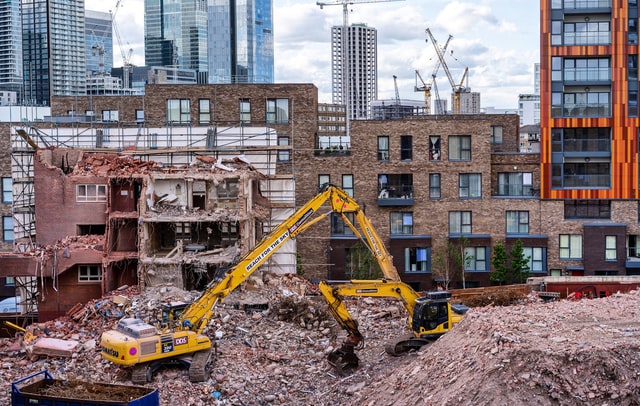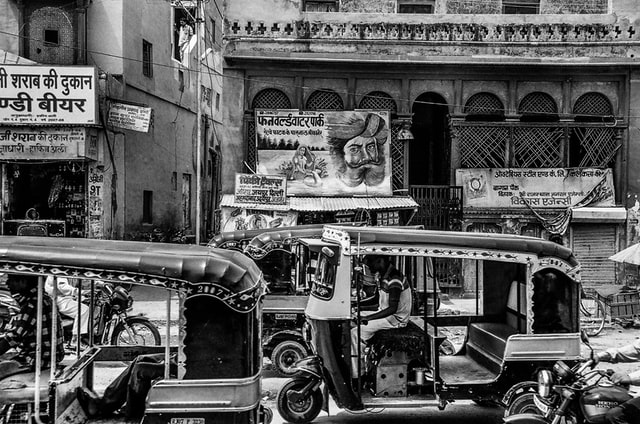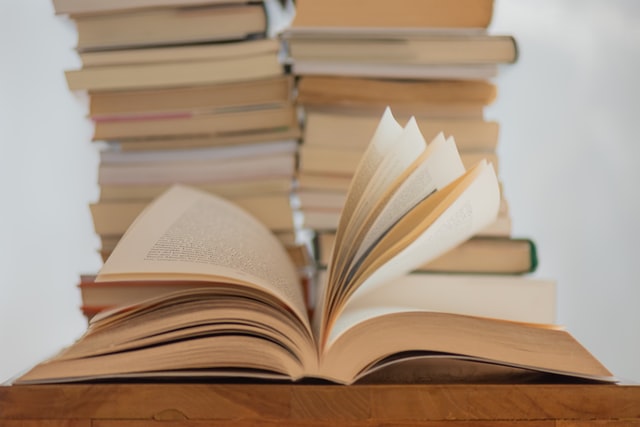
A Response to Howard Schaap . . . And a Response to the Response
Editor’s Note: On December 27, 2021. we ran an essay entitled “Reformed and Always . . . Deconstructing” by Howard Schaap. That essay included Schaap’s

Editor’s Note: On December 27, 2021. we ran an essay entitled “Reformed and Always . . . Deconstructing” by Howard Schaap. That essay included Schaap’s

I baptized my older daughter, Sarah, when she was three months old. She was not my first baptism, though she was among my first. I

It’s possible that this time around, you don’t feel quite right saying, “Happy New Year.” I haven’t heard from too many people who feel optimistic

As a matter of survival, I generally stay away from social media mud-slinging contests. However, last June, when someone posted an anti-COVID vaccine link, I

I don’t have a lot of clear memories of my first Christmas day in India, but I do know I went to a circus. I

Thomas Lynch has been called “The Bard of the Midwest.” He operated the Lynch and Sons Funeral Home in Milford, Michigan, for decades, and is

In October, I was a delegate to the 2021 Reformed Church in America General Synod in Tucson, Arizona. It was my 30th consecutive General Synod,

Many days in western Nebraska are beautiful, and the sun shines more often than it doesn’t. The sky is blue and expansive, and the landscape

At the end of 2019, the elders of the Third Reformed Church in Holland, Michigan, and I agreed that I would retire in July, 2021.
Please make checks out to Reformed Journal and mailed to:
PO Box 1282
Holland, MI 49422
© 2025 Reformed Journal.